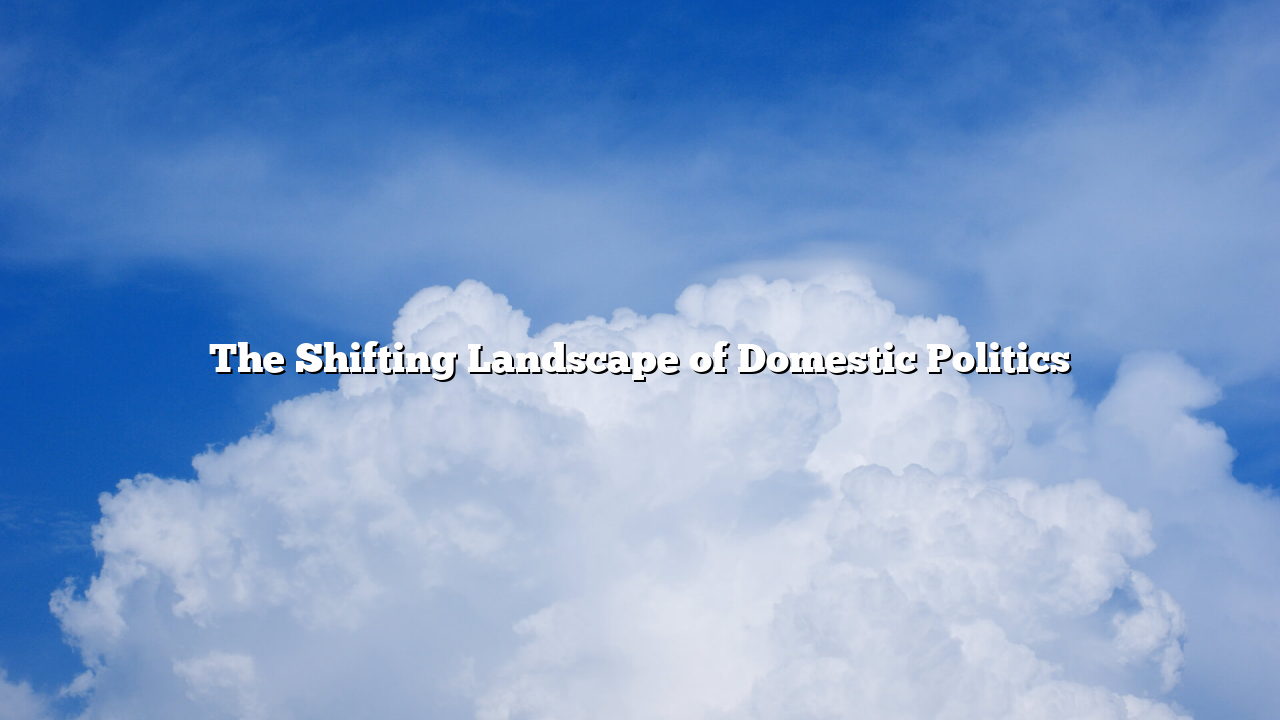Domestic politics is an ever-evolving arena, shaped by a combination of historical legacies, public sentiment, institutional frameworks, and the changing dynamics Pattimura4d of society. In recent years, many nations have experienced significant shifts in their internal political landscapes, often driven by economic uncertainty, growing demands for transparency, and the rise of digital platforms as central tools for political engagement.
At the heart of domestic politics lies the relationship between the government and its citizens. This relationship is mediated by elections, public discourse, legislation, and policy implementation. Political parties, interest groups, and grassroots movements all play vital roles in influencing the direction of the country. When citizens feel their voices are not adequately heard, they often turn to activism, protests, or alternative political movements to demand change.
One notable trend is the increasing polarization between different political ideologies. While healthy debate is essential for democracy, deep divisions can hinder constructive policymaking. In some countries, partisanship has reached a point where compromise is perceived as weakness, making it challenging for governments to pass important legislation. This polarization often extends beyond political leaders to the general public, creating a climate of suspicion and mistrust.
Another significant factor in domestic politics today is the role of social media. Platforms such as Twitter, Facebook, and TikTok have become key battlegrounds for shaping public opinion. Politicians use these channels to communicate directly with citizens, bypassing traditional media. While this has democratized access to information, it has also opened the door to misinformation, political propaganda, and targeted disinformation campaigns. The ability of these platforms to influence elections and policy debates cannot be underestimated.
Economic policy remains a cornerstone of domestic political debates. In many nations, issues such as inflation, job creation, taxation, and social welfare dominate the political agenda. Governments must balance the need for economic growth with the imperative to ensure fairness and equity. Policies that appear to benefit only the wealthy or certain regions often spark public backlash, sometimes resulting in electoral shifts.
Corruption and governance are also central issues in domestic politics. Citizens increasingly demand accountability, transparency, and ethical leadership. Scandals involving misuse of public funds or abuse of power can quickly erode trust in institutions and lead to political instability. As a result, anti-corruption measures, judicial independence, and stronger oversight bodies have become popular demands in many democracies.
In addition to these challenges, domestic politics is also influenced by global events. Economic recessions, international conflicts, and global health crises can have profound domestic implications. The COVID-19 pandemic, for example, not only tested public health systems but also reshaped political priorities, governance styles, and public expectations of leadership.
Ultimately, the health of domestic politics depends on the resilience of democratic institutions, the engagement of the citizenry, and the ability of leaders to bridge divides. While political disagreements are inevitable, the strength of a nation lies in its capacity to find common ground, respect differing viewpoints, and prioritize the long-term well-being of its people.
As societies become more interconnected and complex, the challenges facing domestic politics will continue to grow. Yet, these challenges also present opportunities for renewal and reform. By fostering inclusive dialogue, embracing transparency, and investing in civic education, nations can build stronger democracies capable of navigating the uncertainties of the future.
